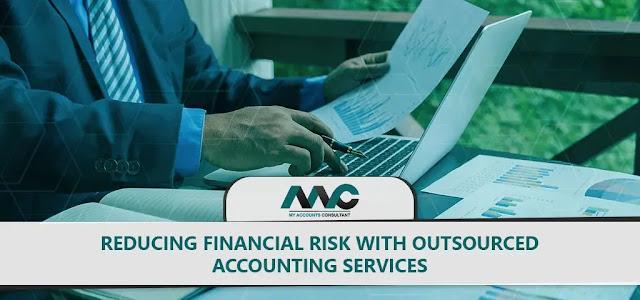When you start a restaurant, there are many expenses that you have to pay. But, there are also certain tax deductions that can help you save money. There are many tax deductions for restaurants, but here are the seven most popular ones:
Top 7 Explosive Tax Deductions for Restaurant Owners
1) Operating Expenses
The restaurant industry is a significant source of revenue for the United States. The industry has seen a steady growth over the past few decades. With this growth, the industry has also seen an increase in operating expenses.
Operating expenses are costs that are incurred by an organization in carrying on its operations and business activities. These include rent, wages, utilities, and other related costs.
Some tax deductions that can be claimed for these expenses include:
- Deductions for meals provided to employees during work hours;
- Deductions for property used in a trade or business;
- Deductions for meals provided to customers of your restaurant; and
- Deductions for advertising costs
2) Advertising Expenses
In
order to save money on your taxes, you can deduct the amount of money
that you spend on advertising for your restaurant.
The
law allows you to deduct the cost of advertising from your income as
a business expense. This includes any amount spent on printed
materials, radio and TV ads, and newspaper or magazine articles.
You
can also deduct any expenses related to putting up signs in front of
your restaurant that advertise its location. These include
construction costs, installation fees, and labor costs associated
with installing signs. Restaurant
Accounting Services
helps
you in manage all your advertising expences with MAC.
3) Driving Expenses
Tax deductions for restaurant are a great way to reduce your tax liability and save money. However, some people might not be aware of the benefits of tax deductions for restaurant. This article highlights some of the benefits that you can enjoy with tax deductions for restaurant. The article also provides a list of restaurants that are eligible for tax deductions - including popular chains like Starbucks, McDonald's, and Wendy's.
4) Leasing or Buying a Car for Business Use
The IRS allows a business owner to deduct the cost of a vehicle they use in the business from their taxable income.
Some people might not be able to afford to lease or buy a car. This can be an issue for people who own restaurants and need cars for their employees. There are two options for these people, leasing or buying a car for business use.
Leasing is cheaper than buying, but it comes with some tax complications that buyers don't have to worry about.
5) Employee Pay and Benefits
There are many ways that an employer can deduct from the employee’s pay. This includes things like the cost of meals, uniforms, and other benefits.
Employers can also deduct these expenses from an employee’s paycheck if they are incurred while commuting to and from work. These deductions come in handy especially when your business is located in a high-cost area or has a high tax rate.
The IRS allows employers to deduct up to $51 per month for each full-time employee for the cost of qualified transportation expenses related to commuting to work.
6) Cost of Goods Sold
This article will discuss the various tax deductions that restaurant owners can take for their business.
The cost of goods sold is one of the most important components in a restaurant’s accounting. It is calculated by adding up all of the costs incurred in making a particular item, such as ingredients, labor, and overhead costs.
This article will cover some ways that restaurants can reduce their cost of goods sold and ultimately lower their tax bill.
Employers can also deduct these expenses from an employee’s paycheck if they are incurred while commuting to and from work. These deductions come in handy especially when your business is located in a high-cost area or has a high tax rate.
The IRS allows employers to deduct up to $51 per month for each full-time employee for the cost of qualified transportation expenses related to commuting to work.
7) Improvements and Equipment
Restaurant owners are able to deduct their business expenses to lower their tax liability. This can be done by taking out a few steps that they would usually take manually.
The IRS has been making improvements to the tax deductions for restaurant owners. These include updates in the law and changes in the way that they calculate these deductions, which will help restaurant owners save money on their taxes and improve profitability.
The IRS has been making improvements to the tax deductions for restaurant owners. These include updates in the law and changes in the way that they calculate these deductions, which will help restaurant owners save money on their taxes and improve profitability. You can hire Tax return preparation services for manage your business financial services.
Contact us here for hire accounting company for startup business.

